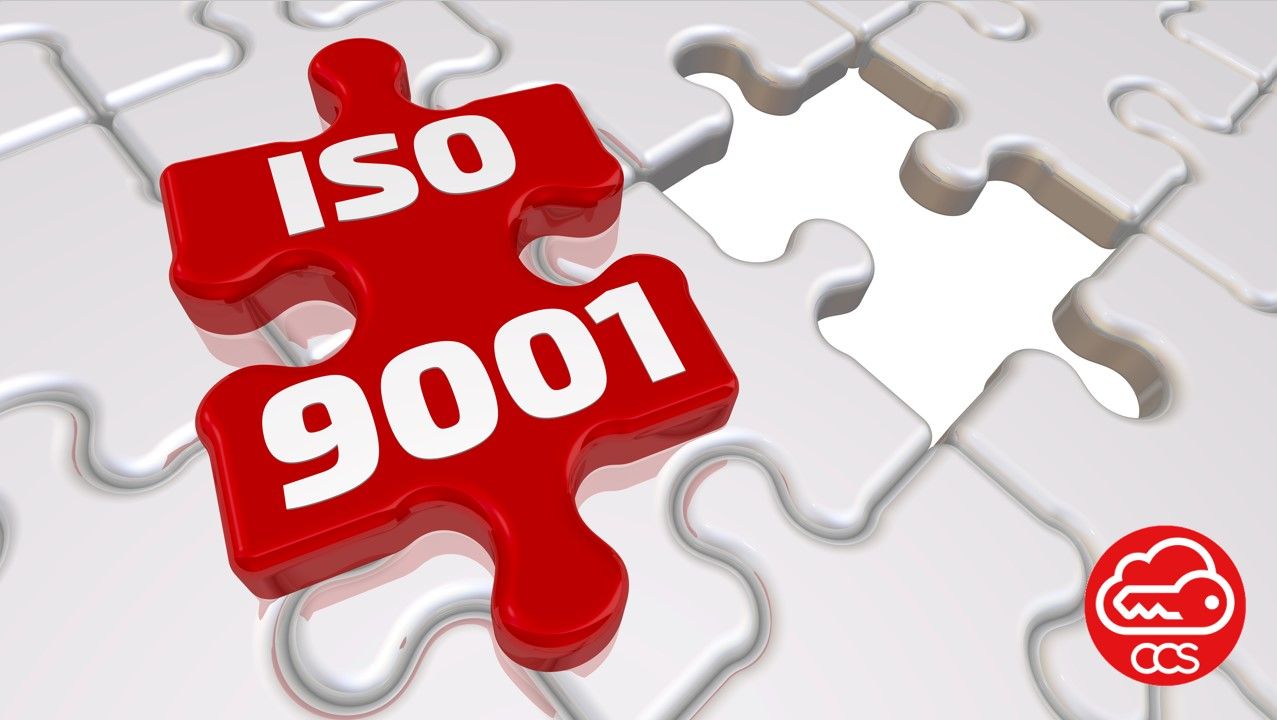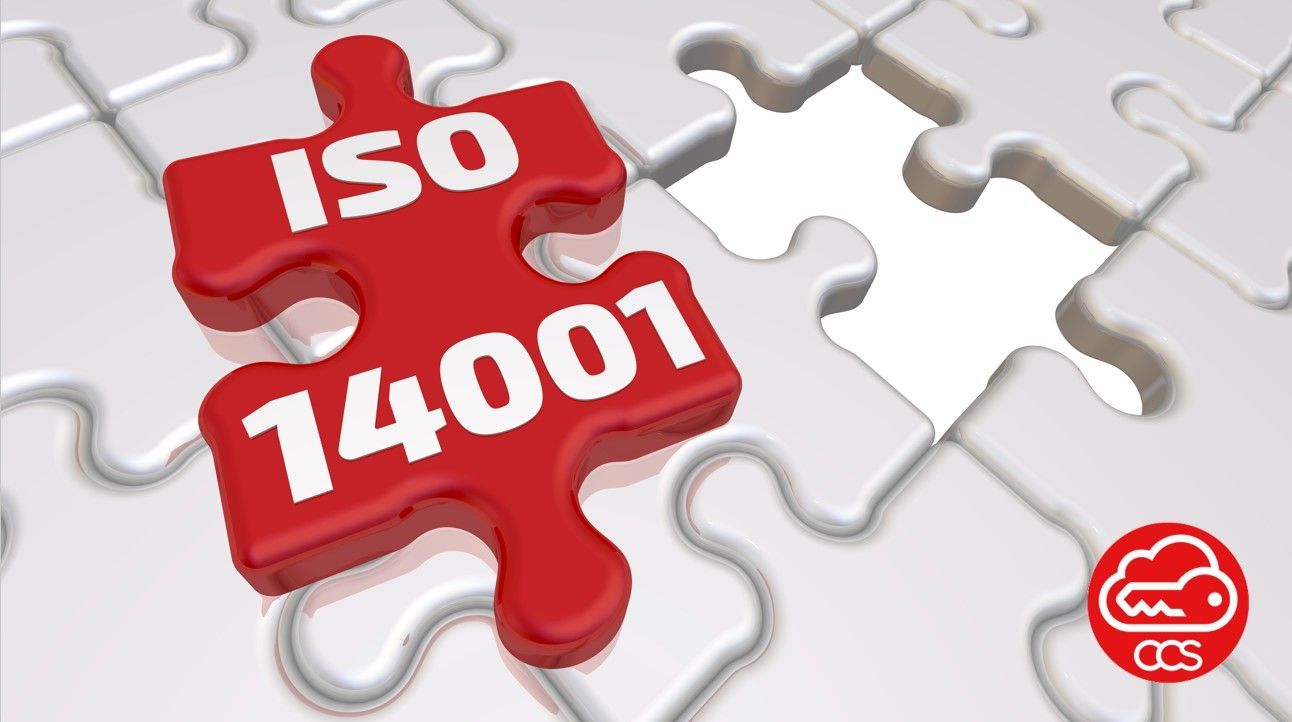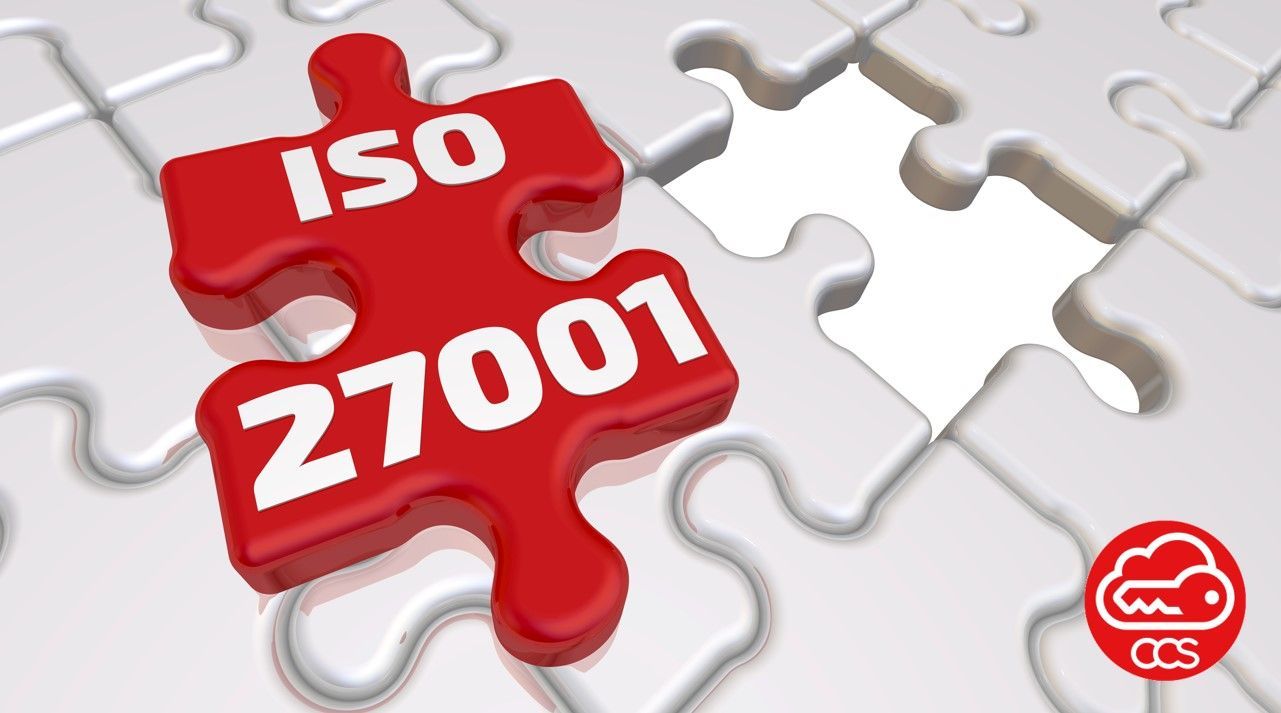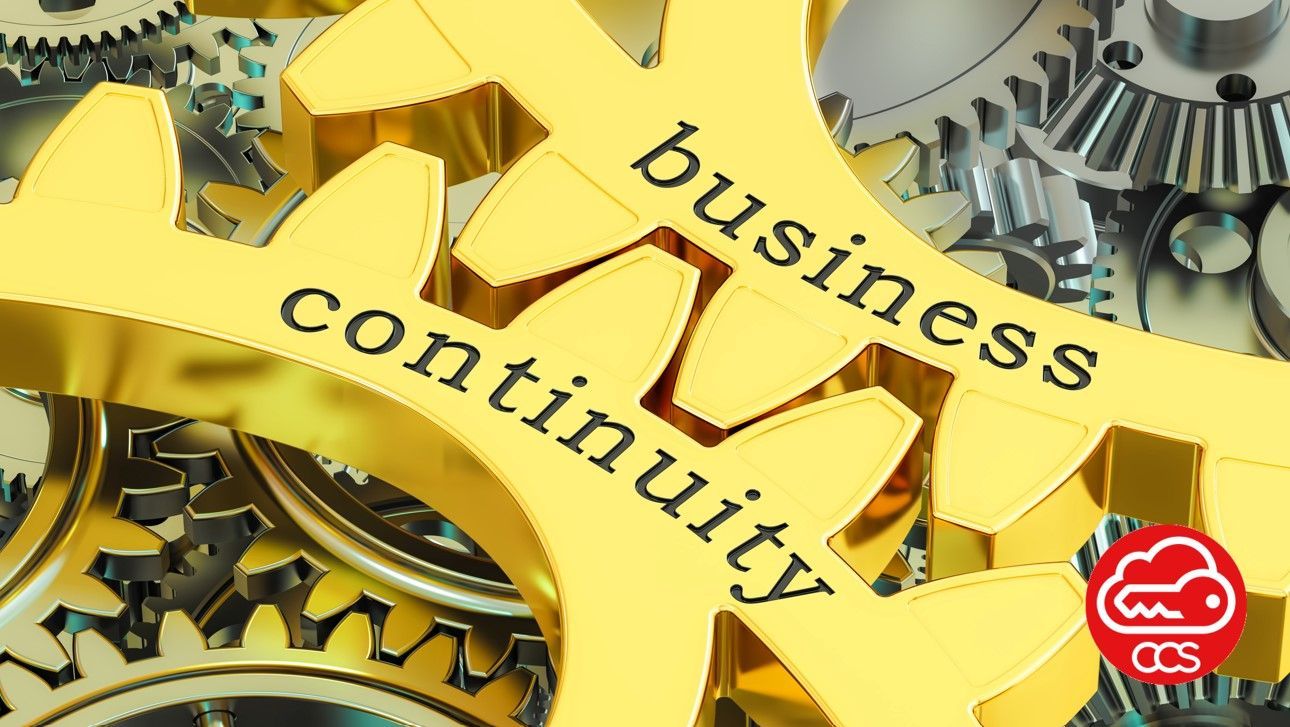ISO 9001, developed by the International Organisation for Standardisation (ISO), is a benchmark for Quality Management Systems (QMS). This standard outlines the requirements for an organization's QMS, encompassing processes and procedures to ensure consistent delivery of products or services meeting customer and regulatory standards. The standard can be integrated with ISO14001 Environmental and ISO45001 for Health and Safety.
Addressing Challenges in the Insurance Industry:
The Crucial Role of ISO Standards
In a dynamic insurance landscape fraught with challenges, the absence of comprehensive standards can exacerbate issues faced by companies in delivering quality services, ensuring environmental responsibility, maintaining business continuity, and safeguarding information security. This article delves into the challenges insurance companies encounter without the implementation of International Organization for Standardization (ISO) standards and explores the transformative impact of four key standards: ISO 9001, ISO 14001, ISO 22301, and ISO 27001.
Insurance Industry Challenges Without ISO Standards:
- Quality Management (ISO 9001):
- Challenge:
- Without a standardized approach, insurance companies may struggle to establish a cohesive quality management framework. Inconsistencies in processes and a lack of adherence to customer requirements and regulatory standards can hinder service quality, leading to potential customer dissatisfaction and increased operational risks.
- ISO 9001 Solution:
- Implementing ISO 9001 provides insurance firms with a structured quality management system, fostering continuous improvement and effective risk management. This not only elevates service quality but also enhances operational efficiency and customer satisfaction.
- Environmental Responsibility (ISO 14001):
- Challenge:
- In the absence of a framework for environmental responsibility, insurance companies may find it challenging to identify and mitigate their environmental impact. This can result in increased ecological footprints, poor waste management, and a potential disconnect from evolving environmental regulations.
- ISO 14001 Solution:
- ISO 14001 offers a systematic approach to Environmental Management Systems (EMS), helping insurance firms minimize their environmental impact, comply with regulations, and cultivate a reputation as environmentally responsible entities. This alignment with sustainability goals is crucial in addressing contemporary environmental concerns.
- Business Continuity (ISO 22301):
- Challenge:
- Unplanned disruptions, whether due to natural disasters or unforeseen events, can severely impact the operational continuity of insurance companies. Without a standardized business continuity plan, firms risk significant service interruptions, eroding client trust and damaging brand reputation.
- ISO 22301 Solution:
- By adopting ISO 22301, insurance companies can proactively prepare for and respond to disruptions, ensuring seamless services during challenging times. This standard not only enhances client trust but also demonstrates resilience and commitment to delivering uninterrupted services.
- Information Security (ISO 27001):
- Challenge:
- In the digital age, the absence of robust information security measures exposes insurance companies to the risk of data breaches and compromises sensitive client information. Without standardized protocols, firms may struggle to identify and mitigate information security risks adequately.
- ISO 27001 Solution:
- Adhering to ISO 27001 safeguards against data breaches, ensuring the confidentiality, integrity, and availability of information assets. This standard enhances client trust, positions insurance companies as secure partners, and demonstrates a commitment to preserving the confidentiality of sensitive information.
Without the implementation of ISO standards, insurance companies face formidable challenges that can compromise their service quality, environmental responsibility, business continuity, and information security. Embracing ISO 9001, ISO 14001, ISO 22301, and ISO 27001 not only addresses these challenges but also propels insurance firms towards a more resilient, secure, and client-focused future.
The adoption of these standards is not merely a compliance measure; it is a strategic investment in overcoming industry challenges and establishing a foundation for sustained success.






